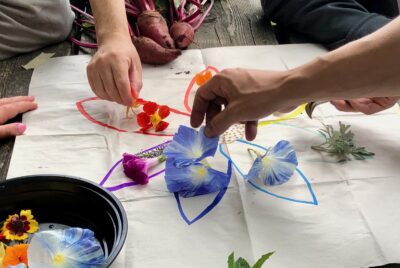RESEARCH
Nature-Based Interventions and Mind-Body Interventions: Saving Public Health Costs Whilst Increasing Life Satisfaction and Happiness
Summary
This study examined the impact of nature-based interventions (NBIs) like woodland therapy, therapeutic horticulture, and ecotherapy/green care, along with the mind-body intervention (MBI) of tai chi, on people’s well-being and the potential for saving public health costs. The researchers looked at data from 642 participants across these four different types of programs. They measured changes in life satisfaction and happiness after participants engaged in these interventions. The study also estimated the economic benefits by looking at potential reductions in the use of public services like healthcare, and by calculating the income equivalent of the improvements in well-being. By comparing well-being scores before and after the interventions and using established methods for valuing public service use and life satisfaction, the study aimed to assess the value of these non-medical approaches to improving public health.
The core idea explored in this research is that promoting well-being through social models of health, which include activities like engaging with nature and practicing mindfulness, can be an effective way to prevent illness and reduce the increasing financial strain on health and social care systems. The study suggests that simply increasing national income doesn’t necessarily lead to greater happiness, highlighting the importance of non-material factors. By analyzing the effects of these specific NBIs and MBIs, the researchers aimed to provide evidence for their role in a “prevention pays” approach, where investments in these types of interventions could lead to both a happier population and lower costs for public services in the long run.







